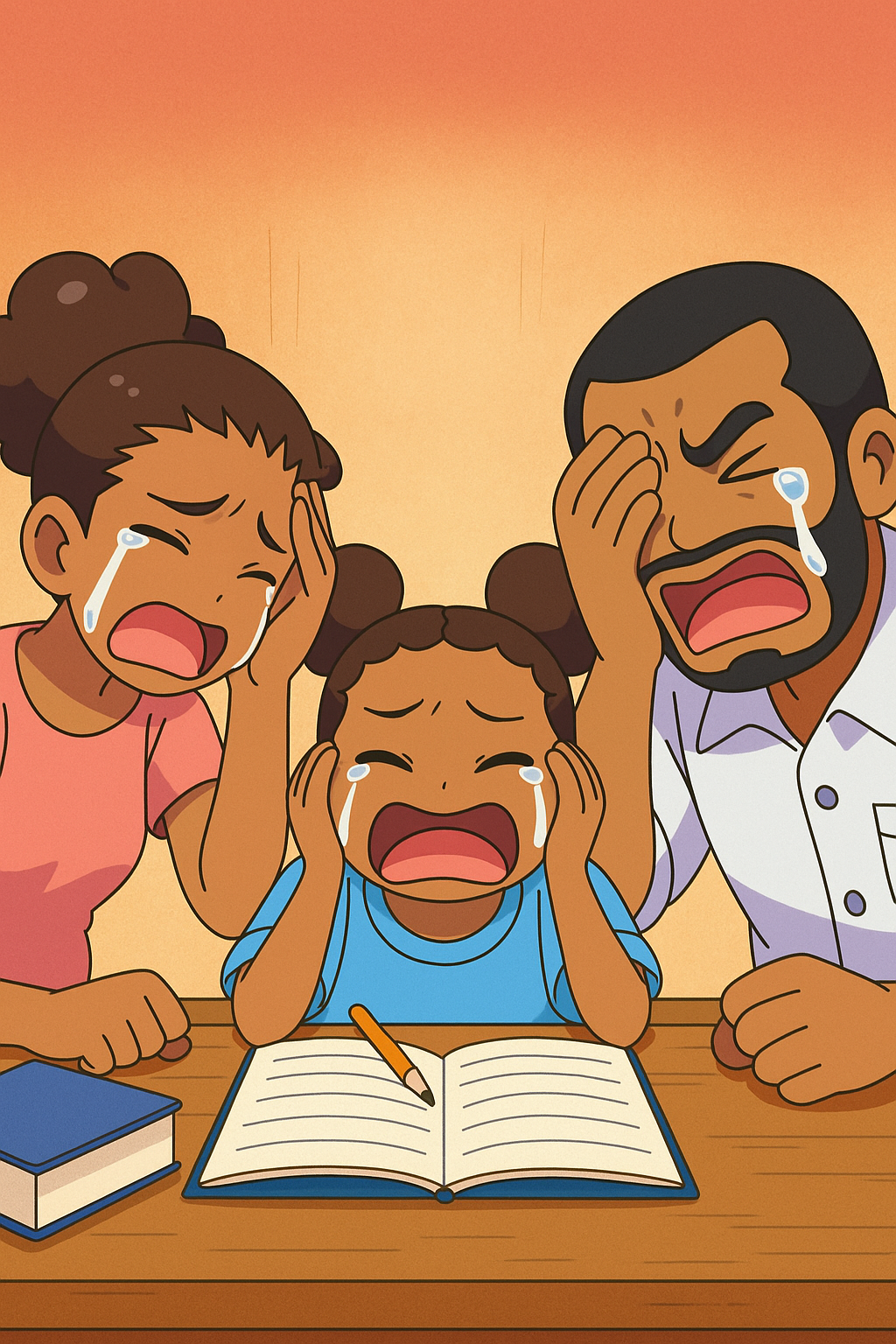
Building Confidence in Young Learners: The MJB Approach
Building Confidence in Young Learners: The MJB Approach
Confidence is the foundation of all learning. When children believe in themselves, they're more willing to take risks, ask questions, and embrace challenges. At MJB School of Life, building confidence isn't just part of our curriculum—it's at the heart of everything we do.
Why Confidence Matters in Early Learning
Research consistently shows that confident learners:
- Perform better academically
- Show greater resilience when facing challenges
- Develop stronger social skills
- Maintain a lifelong love of learning
But confidence doesn't develop overnight. It's built through consistent positive experiences, supportive relationships, and age-appropriate challenges.
The MJB Confidence-Building Framework
1. Creating a Safe Learning Environment
Every child needs to feel safe to make mistakes and take risks. Our classrooms are designed to be:
- Judgment-free zones where every question is valued
- Collaborative spaces where children learn from each other
- Adaptive environments that meet each child where they are
"In our classrooms, mistakes aren't failures—they're stepping stones to understanding."
2. Celebrating Individual Progress
We believe every child has unique strengths and learns at their own pace. Our approach includes:
Individual Goal Setting
- Working with each child to set achievable, personal goals
- Breaking larger objectives into smaller, manageable steps
- Celebrating progress, no matter how small
Strength-Based Learning
- Identifying what each child does well
- Building new skills on existing strengths
- Helping children see their unique value
3. Hands-On Learning Experiences
Children build confidence by doing, not just listening. Our programs feature:
Project-Based Learning
Students work on real projects that have tangible outcomes. When a child builds a working robot or conducts a successful experiment, their confidence soars.
Collaborative Problem-Solving
Working in teams teaches children that everyone has valuable contributions to make. They learn to value their own ideas while respecting others.
Practical Confidence-Building Strategies
For the Classroom:
- Start with Success: Begin each session with activities where children can succeed
- Growth Mindset Language: Use phrases like "You haven't learned this YET" instead of "You can't do this"
- Peer Support: Encourage children to help and learn from each other
For Parents at Home:
- Process Over Product: Focus on effort and learning rather than just results
- Encourage Questions: Show that curiosity is valued and supported
- Share Your Own Learning: Let children see you learning new things too
The Role of Failure in Building Confidence
This might sound contradictory, but learning to handle failure is crucial for confidence. We teach children that:
- Mistakes are opportunities to learn
- Everyone struggles with new concepts—that's normal
- Persistence is more important than perfection
- Getting help is a sign of wisdom, not weakness
Real Stories from MJB
Emma's Transformation
When Emma first joined our after-school program, she was reluctant to participate in science activities. "I'm not good at science," she would say. Through gentle encouragement and hands-on experiments, she discovered her love for chemistry. Now she's one of our most enthusiastic young scientists.
Marcus Finds His Voice
Marcus was shy and rarely spoke up in group settings. Through our collaborative engineering challenges, he discovered he had great ideas for solving problems. As his confidence grew in STEM, it spilled over into all areas of his life.
Building Confidence Through Life Skills
Academic confidence is important, but we also focus on building confidence in everyday life skills:
Financial Literacy
Teaching children about money helps them feel more prepared for the future and builds practical confidence.
Leadership Skills
Even young children can learn to lead by example, make good decisions, and help others.
Communication
Strong communication skills help children express their ideas and advocate for themselves.
The Long-Term Impact
Confident learners become confident adults. The children in our programs today will be tomorrow's innovators, leaders, and problem-solvers. By building their confidence now, we're investing in their future success.
How Parents Can Support This Journey
Your role as a parent is crucial in building your child's confidence:
- Listen Actively: Show genuine interest in your child's ideas and discoveries
- Encourage Risk-Taking: Support your child in trying new things
- Model Confidence: Show your own confidence in learning and problem-solving
- Celebrate Effort: Praise the process, not just the outcome
Join the MJB Community
Confidence building is most effective when it happens both at school and at home. Our programs are designed to give children the skills and mindset they need, while our parent resources help you support their journey.
Ready to help your child build unshakeable confidence? Learn more about our programs and see how MJB School of Life can make a difference in your child's life.
Want more tips on supporting your child's development? Subscribe to our newsletter for expert advice and program updates.


